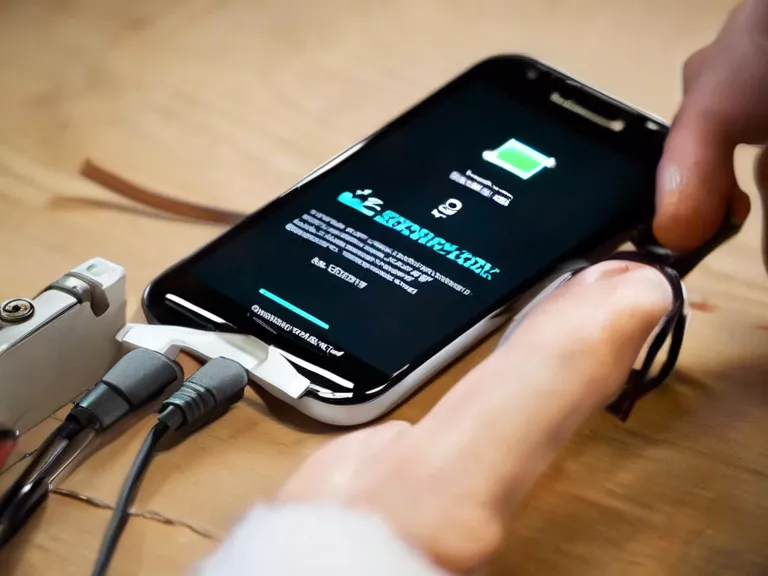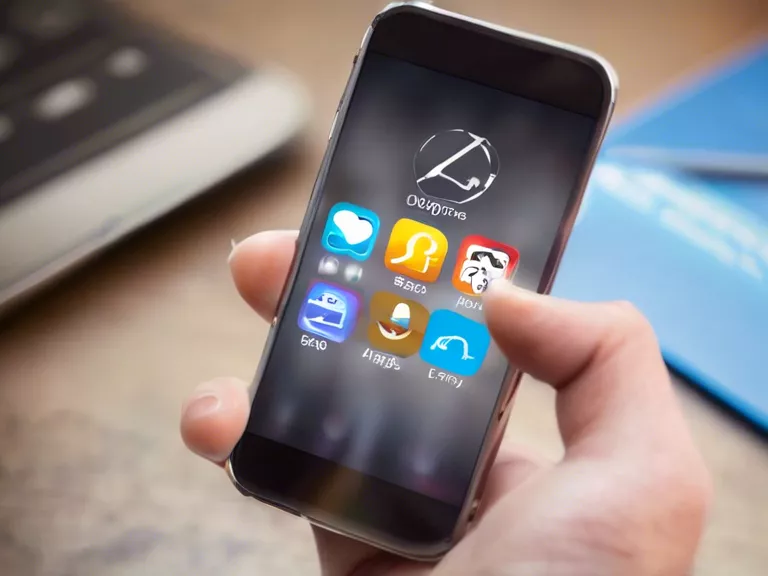
Smartphones have become an essential part of our daily lives, storing our personal information and giving us access to a wide range of apps and services. However, with this increased usage comes the risk of viruses and malware infecting our devices. Here are some tips on how to protect your smartphone from these cyber threats.
Keep your software up to date: One of the easiest ways to protect your smartphone from viruses and malware is to regularly update its operating system and applications. Updates often include security patches that can help prevent malicious attacks.
Install antivirus software: Just like on your computer, antivirus software can help protect your smartphone from threats. There are many reputable antivirus apps available for both Android and iOS devices that can scan for and remove malicious software.
Be cautious with app downloads: Only download apps from official app stores like the Google Play Store or Apple App Store. These platforms have strict security measures in place to minimize the risk of downloading malicious apps. Be wary of apps from third-party sources, as they could contain malware.
Use a VPN when connecting to public Wi-Fi: Public Wi-Fi networks are notorious for being insecure, making it easy for hackers to intercept your data. By using a virtual private network (VPN) on your smartphone, you can encrypt your connection and protect your information from prying eyes.
Enable biometric security features: Most smartphones now come with biometric security features such as fingerprint or face recognition. These features can add an extra layer of protection to your device, making it harder for unauthorized users to access your data.
By following these tips, you can help protect your smartphone from viruses and malware and keep your personal information safe. Remember to always stay vigilant and be cautious when using your device to minimize the risk of cyber threats.



